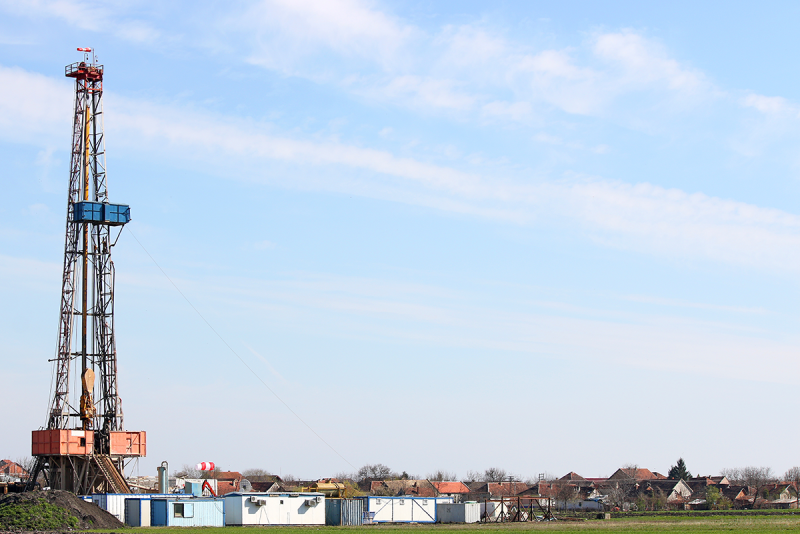Denver Law Professor Examines “The Legal Foundations of Extractive Power” in Forthcoming Article for UCLA Law Review

In the last two decades, advances in hydraulic fracturing (fracking) to extract previously inaccessible fossil fuels from rock have allowed the United States to become the global leader in oil and gas production—often with significant consequences for residential communities. In a forthcoming article to be published by the UCLA Law Review, University of Denver Sturm College of Law Assistant Professor Wyatt Sassman examines the legal framework surrounding oil and gas extraction in the United States that “empowers extractive industry to dismantle community opposition, undermine local governance, and entrench extraction in communities over time.” Sassman defines extractive power as the “formal and informal power that industry exercises over communities to facilitate extraction,” and argues that it “is legally-structured in that law controls how the industry exercises that power, including by delegating power and granting privileges to the industry.”
Some of the research for the article is drawn from Sassman’s clinical work with the Environmental Law Clinic at the Sturm College of Law, where he also directs the Christopher N. Lasch Clinical Teaching Fellowship Program. Shortly after he began working with the clinic, a resident of Weld County invited him and the student team to see the effects of fracking on the Colorado landscape north of Denver, in a community where a fracking project was being placed immediately behind a middle school. Sassman says that “the ideas in this article are rooted in my work with communities across Colorado resisting massive fracking projects next to their homes and schools. As a clinical scholar, I have an opportunity to bring these communities’ experiences into legal debates and try to hold those debates accountable to the people who are affected by them.”
In addition to explaining how legal frameworks have given industry power over communities, Sassman’s article examines why attempts in Colorado to reform oil and gas law have faltered, from failure to empower local communities to alignment of political interests with oil and gas. “My hope is that this article can push these debates towards meaningfully grappling with oil and gas extraction’s serious and lasting impacts on communities.” The UCLA Law Review article is scheduled to be published in 2024, and the article draft can currently be accessed via SSRN.
The Legal Foundations of Extractive Power, 71 UCLA L. Rev. __ (forthcoming 2024).


